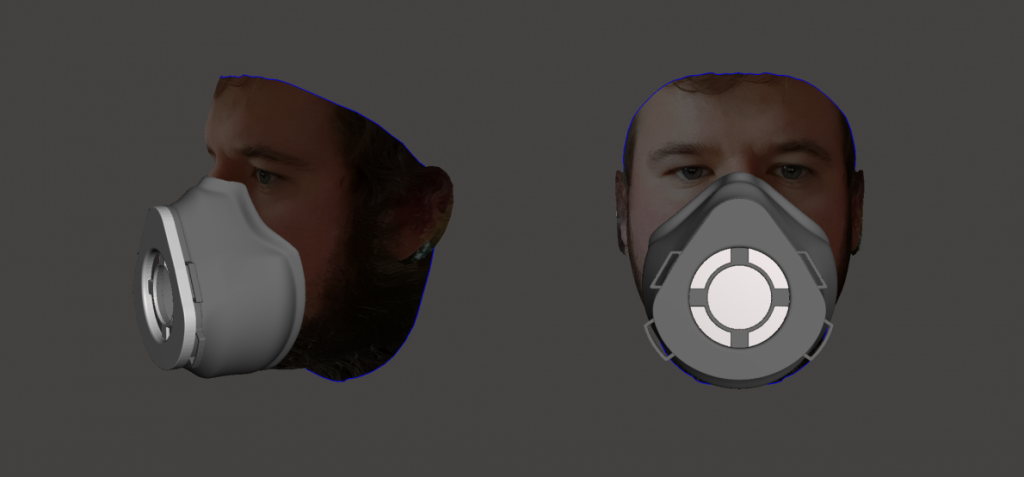Bespoke, reusable facemasks made using smartphones and 3D printers could help better protect people during future epidemics or further waves of Covid-19, new research suggests.


Engineers have devised a system to create personalised facemasks for healthcare workers that include 3D-printed components designed using photos taken with smartphones.
The approach could offer a cheaper and more sustainable alternative to single-use facemasks, which do not always fit properly and were in short supply during the first wave of the pandemic, researchers say.
Hospital settings
The team – which also includes plastic surgeons, speech therapists and virologists – designed their system to utilise 3D scanners and printers available in hospitals.
Researchers carried out a pilot trial with 66 volunteer healthcare workers from NHS Lothian.
Mask production
The team generated 3D images of participants’ faces using either a precision scanner or three pictures taken with a smartphone. Using a computer programme, this information was then used to create moulds that precisely matched the contours of individuals’ faces.
The moulds were 3D-printed and used to make mask components made of silicone. The team assembled the final product using additional plastic parts and a filter section.
While masks could be made using scanners or smartphone images, being able to capture pictures remotely would be beneficial during a pandemic when social distancing and remote working is commonplace, the team says.
Effective protection
Researchers found that their masks provided the same level of protection as available single-use versions. Bespoke masks also tended to fit better, with almost 90 per cent of volunteers wearing them passing a face fit test, compared with only 76 per cent of those using single-use masks.
Further tests showed that the reusable facemasks could be safely decontaminated using common household detergents – such as washing-up liquid – and cleaning materials used routinely in hospitals.
The trial was funded by the Chief Scientist Office (CSO)’s Rapid Research in Covid-19 programme.



































